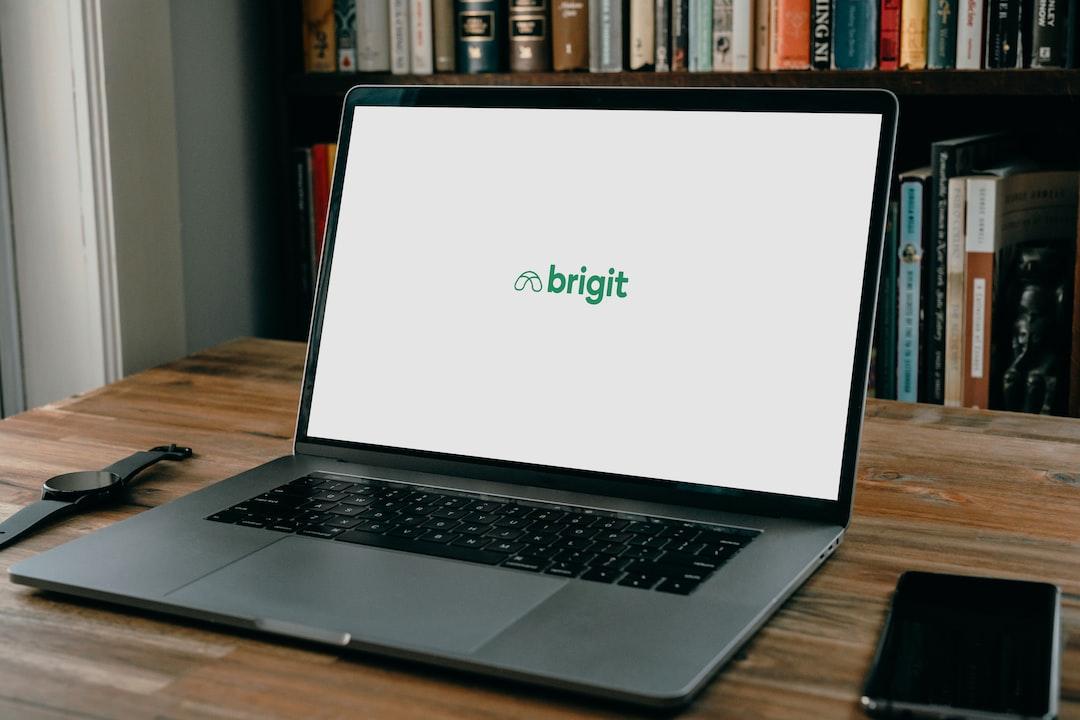The Central Bank of the United Arab Emirates (CBUAE) board of directors has given the green light for the introduction of a new framework to regulate and authorize stablecoins.
In a gathering in Abu Dhabi, the board delved into initiatives falling under the government’s financial infrastructure transformation (FIT) program. This endeavor is aimed at enhancing digital transactions, propelling the nation’s digital economy, and nurturing innovation.

The UAE central bank meeting took place at Qasr Al Watan in Abu Dhabi. Source: Emirates News Agency
Sheikh Mansour bin Zayed Al Nahyan, the UAE Vice President and CBUAE Chairman, led the meeting which was attended by Deputy Chairmen Abdulrahman Saleh Al Saleh and Jassem Mohammad Al Zaabi, CBUAE Governor Khaled Mohamed Balama, and other members of the central bank’s board.
UAE’s Approval of New System for Stablecoin Licensing
During the meeting, the board sanctioned the issuance of regulations for the supervision and licensing of stablecoins. Kokila Alagh, the founder of KARM Legal Consultants, elaborated in an interview with local media Unlock Blockchain that these regulations outline the process for issuing, licensing, and overseeing dirham-backed payment tokens.
Furthermore, Alagh emphasized that payment tokens must be backed by UAE dirhams exclusively and should not be pegged to other currencies, digital assets, or algorithms. She further stated that businesses and service providers can only accept tokens backed by dirhams and no other virtual assets.
The UAE’s Financial Transformation Program
While the specifics of the meeting remain undisclosed, the agenda reportedly included significant projects under the FIT program. On February 13, the CBUAE declared its intention to launch a central bank digital currency (CBDC) as part of the FIT initiative.
The introduction of a CBDC aims to tackle inefficiencies in cross-border payments and drive innovation in domestic payments. By issuing a CBDC, the CBUAE believes the UAE can position itself as a competitive financial and digital payments center.
Related:
UAE agriculture authority bans crypto mining on farms: Report
Dubai regulator updates rules on crypto token classification
In addition to stablecoin licensing, a financial regulator in the UAE recently updated its regulations on recognizing stablecoins. On June 3, the Dubai Financial Services Authority (DFSA) implemented additional criteria for recognizing stablecoins.
Currently, the regulator acknowledges only a limited number of crypto tokens, including Bitcoin (BTC), Ether (ETH), Litecoin (LTC), XRP (XRP), and Toncoin (TON). This means that funds within the DIFC are restricted from investing in other tokens aside from the five recognized crypto assets.
However, with the revised token regulations, the regulator now permits investments in unrecognized crypto tokens as long as they do not exceed 10% of the gross asset value of the funds.
Magazine:
Crypto City: Dubai’s Comprehensive Guide
Related Posts
Add A Comment

